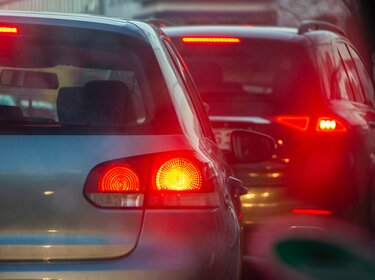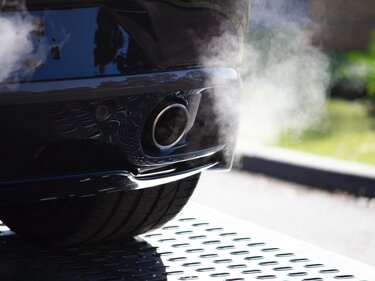Already in December 2019, the European Union announced a new "Zero Pollution Action Plan" with the "Green Deal". In the strategy paper, it sets out a "clear path from 2025 towards zero-emission mobility". The EU Commission's current "Fit for 55" initiative now specifies a clear framework for the Green Deal to achieve the zero emissions target. The path to this new emission-free mobility should be designed in a goal-oriented manner and should be facilitate and accompanied with the knowledge and experience of the testing organisations.
In addition to the development of new drive technologies and synthetic fuels, the focus must also be on reducing pollutant emissions from diesel vehicles and petrol engines. To this end, the EU Commission has introduced exhaust emission standards that limit pollutant emissions. Currently, the EU Commission is working on the regulations of the new version of the 'Euro-7/VII' legislation. From point of view of the testing organisations, these regulations need to be published and introduced as quickly as possible as well as given an appropriate lead-time. Aspects that ensure that the vehicles comply with the legal requirements throughout their entire service life should already be taken into account in the regulations for vehicle type approval, especially for vehicles that will be newly launched on the market by 2025.
From the perspective of the testing organisations, the following points in particular must be taken into account in the new Euro 7/VII legislation:
- Tests under realistic conditions
- Extension of driving conditions in real driving emission (RDE) measurements
- Setting new limit value levels
- Particulate emissions
- Regulation of previously unregulated pollutants (N2O, CH4, NH3, HCHO)
- On Board Monitoring (OBM)
- Durability/Lifetime Compliance
- Greater consideration of aspects for PTI
Download the Position
"Euro 7: Adapting Vehicle Emissions According To Today’s Requirements"




